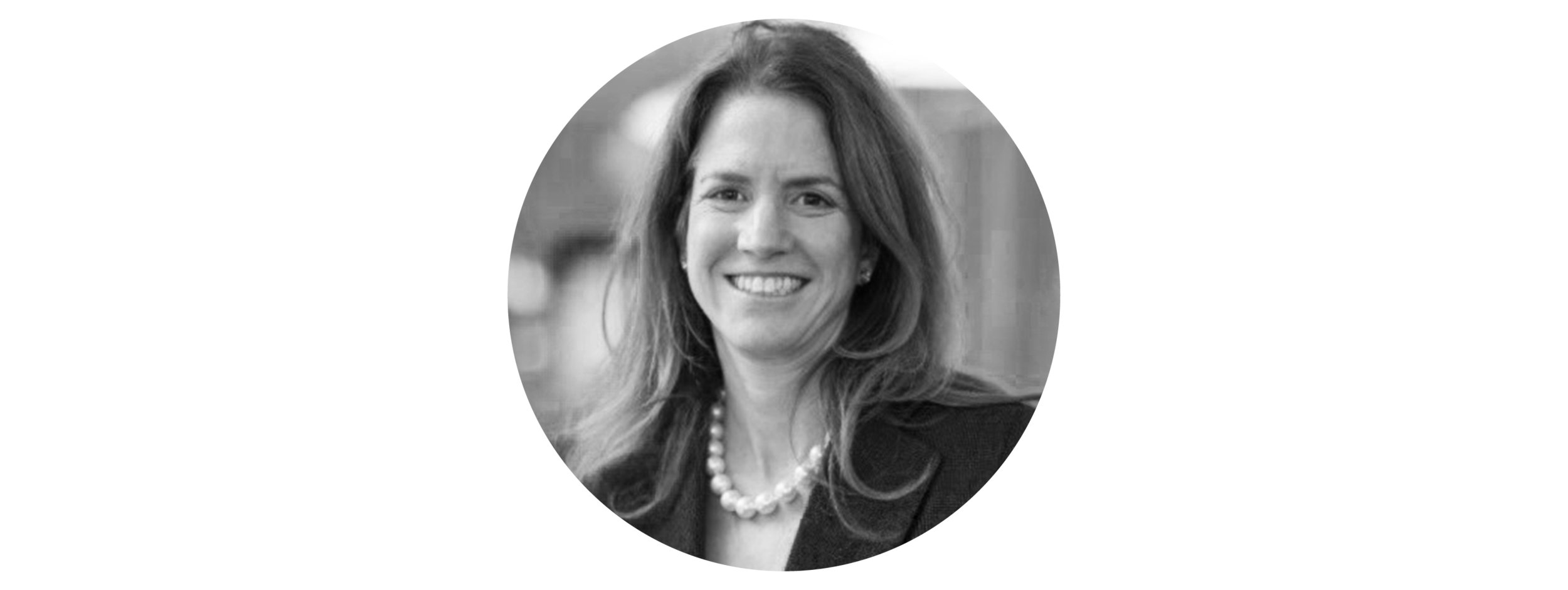‘The more the newsrooms see value, the more it sticks’
Q&A with Laura Zelenko
Senior Executive Editor for talent, diversity, training and standards
In her role as Senior Executive Editor for talent, diversity, and standards, Laura Zelenko leads Bloomberg’s New Voices initiative globally. Reflect Reality spoke with Zelenko in more detail about what has made the initiative such a success.
Reflect Reality: It’s clear that the changes Bloomberg has made under New Voices have paid off. How do you keep the momentum going?
Zelenko: In addition to tracking, it takes reporting out the progress regularly to the newsroom. On a day-to-day basis we show the results of our representation of people on TV and in stories. I do regular calls with bureau chiefs to talk about where we are. Our Editor in Chief puts out weekly notes and we organize events every month to talk about progress, remind people about the tracking tools, or to give examples of stories and interviews that have come out of this effort. We've done internal panels on sourcing to discuss ways in which reporters are finding new women as sources. So, it's keeping the messaging going. Now people have started sharing their success stories with me, instead of me reaching out.
The more that the newsroom and the bookers on TV see the value of diversifying their sources the more it sticks. In the beginning it took effort to get buy-in from everyone, and now I see enthusiasm from every level of the newsrooms. They see the fruits of what they are doing.
RR: In previous interviews you have talked about the importance of journalists and editors taking risks. Can you share examples?
Zelenko: One of the best examples of this relates to a woman who works at a [financial] firm that is small and not well known, yet she manages quite a lot of money and has an impressive career. She went through our media training program and started speaking on TV. It became clear she had a lot of smart points to make. She is now a regular commentator on Bloomberg. The TV bookers and producers told me that this is someone who had never been on their radar, and previously they would not have taken the risk to put her on TV. Because she had been through the media training and the bookers were able to meet her and discuss what she could speak to, everyone felt more comfortable.
We are also seeing reporters be pushier when asking firms to put forward diverse sources. This would not have happened in the past. They are asking more questions about what women at various levels at a firm can speak to and looking not as much at the titles. In the past, it was considered riskier to source someone that didn't have the most senior title.
RR: Do you have recommendations for newsrooms that are struggling to identify interview ready sources, but may not have the resources to sponsor media training?
Zelenko: Part of this is really about the communication with the companies - talking to the firms more specifically about why it is important to the content. The firms themselves can also provide media training for their people, which we will hopefully see more of. It is important to make the case to women too about why they need to speak up. I was talking to a woman in London, who is head of a bond trading desk and also contributes to the women's initiative at a large bank. We were talking about this very issue of women expert commentators and I asked her if she had ever been on television. She said, “no no no, I would never do that.” We were on the phone for about a half-hour and by the end she had agreed it was important to try and be that role model.
There are other things you can do, like bring in people [potential sources] to your newsroom to meet the anchors or the people organizing the programming. This puts people at ease. There needs to be a culture in the newsroom that encourages this.





